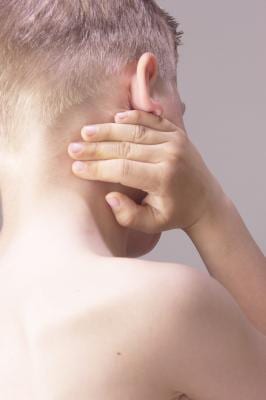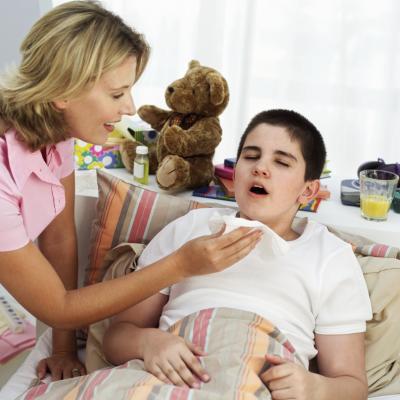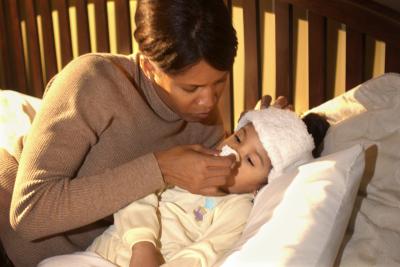Search Results for: humidifier
Toddler Chest Congestion Remedies
Chest congestion often occurs in toddlers with colds, influenza and other infections. This congestion makes breathing difficult and makes your toddler feel generally uncomfortable. Home remedies may help relieve the chest congestion without over-the-counter medications, which are not recommended for kids under 2. And these medications may cause serious side effects in kids under 6.
Toddlers With Very Dry Skin
Soft, baby-smooth skin often comes to mind when you think of toddlers, but even young kids get occasional dry skin. Toddlers face a higher risk for dry skin during colder months, but extremely dry skin can strike at any time of year. Skin dryness leaves toddlers feeling itchy. Control your toddler’s dry skin and prevent future bouts to keep him more comfortable.
Night Cough in Children
A child’s cough, much like an adult’s, is his body’s way of trying to get rid of an irritant in his throat or bronchial passage. Night coughing in children can be frustrating for both the parent and child, as it can interfere with a good night’s rest. Luckily, night coughing is usually not indicative of a serious health condition, according to KidsHealth.
How to Relieve a Toddler’s Stuffy Nose
Nasal congestion often occurs due to colds or allergies. Stuffy noses often result from swollen nasal passage linings. A stuffy nose makes breathing difficult and causes discomfort for toddlers. The nasal congestion might get worse while your young child sleeps. Over-the-counter cold medications aren’t recommended for toddlers and often aren’t effective. Consider comfort measures at home to relieve your toddler’s stuffy nose. While the cold won’t go away faster, your toddler will likely feel better and breathe easier.
Swollen Tonsils in Kids
Common childhood illnesses often affect the throat, causing the tonsils to swell and redden. Viruses and bacteria can make your child’s tonsils swell, as well as increase his risk of developing other symptoms. While swollen tonsils can cause discomfort, certain practices can help ease the pain. Depending on the extent of his symptoms, your child may need to see his pediatrician.





